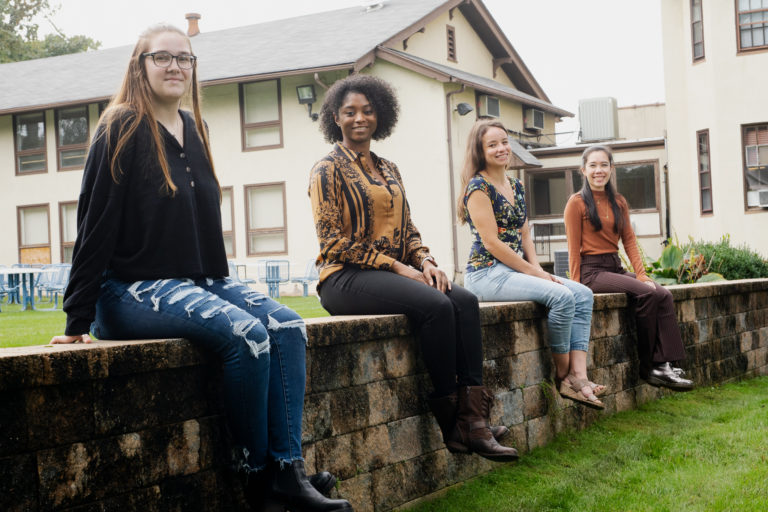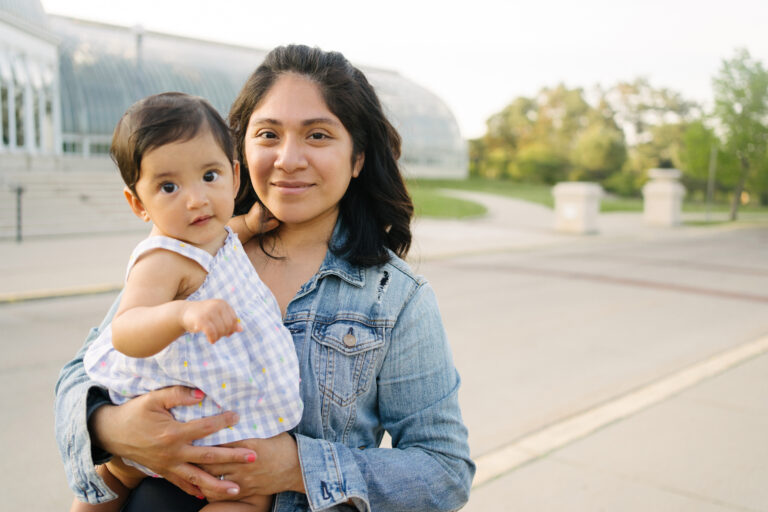Research and evaluation
Esperanza United is committed to Latin@-focused research and evaluation that promotes social justice in the fields of gender-based violence and sexual assault. In partnership with the University of New Haven, our research center supports the next generation of culturally competent advocates, allies, and researchers working to eliminate gender-based violence. The center’s work is complemented by an advisory council of nationally recognized researchers and academics with extensive expertise in gender-based violence research, intervention, and prevention with Latin@ communities.
Our goals
- Increase knowledge about Latin@ experiences in the United States and the multidimensional issue of gender-based violence
- Elevate culturally responsive programs and services through program development and evaluation
- Support the development of culturally competent researchers and advocates through training and mentorship

Building evidence toolkit
In elevating community-based and culturally-specific work, the research team collaborated with four other Latin@ community-based organizations (La Paz, Trans Latin@ Coalition, Mujeres Latinas in Acción, and Voces Latinas) to develop an evaluation toolkit that is culturally centered and builds the capacity of community-based organizations to evaluate their work. Visit the Building Evidence Toolkit now.


